Nature reports
Publisher: University of Groningen
Page 1 of 1 - 9 Results
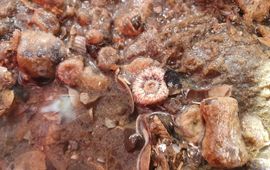
New results from the Wadden Mosaic research programme show that only ten percent of the underwater nature in the Wadden Sea is effectively protected. Moreover, protective measures such as the designation of protected areas, still..
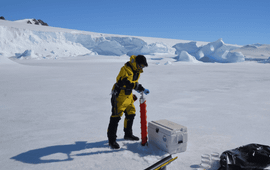
Scientists from the University of Amsterdam and University of Groningen are going to investigate micro-algae in the sea around Antarctica and their role in global cycles of carbon and sulphur. These algae form the basis of the..
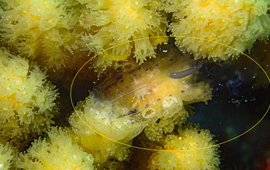
A student at the University of Amsterdam and a staff researcher of Naturalis Biodiversity Center and University of Groningen recently published the first detailed report of hard corals digesting salps in the Caribbean. Three..
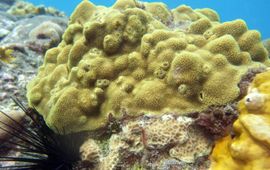
Manmade structures such as seawalls, breakwaters, and jetties are increasing in frequency in marine coastal environments. Overtime, these structures are unintentionally recruiting marine life such as corals, resulting in the..
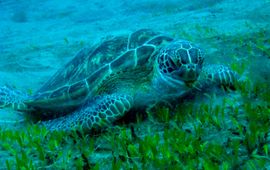
A recent study worked to quantify seagrass’ ability to minimize erosion in shallow water of Lac Bay, Bonaire. It also examined how intensive grazing can drastically affect seagrass’ ability to stabilize sediment. This research..
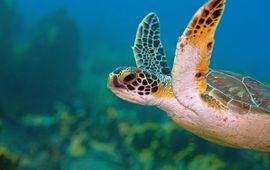
Researchers from the University of Groningen recently used genetic testing to identify the geographical birthplaces of green sea turtles foraging within Lac Bay, Bonaire between 2006-2007 and 2015-2016. There was an overall..
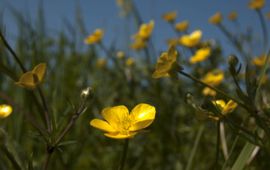
Buttercup flowers are known for their intense, shiny yellow colour. For over a century, biologists have sought to understand why the buttercup stands out. University of Groningen scientists have now brought together all that was..
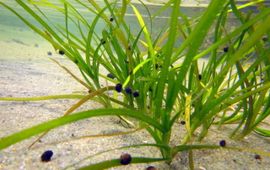
Dutch biologists have discovered that seagrass seed is killed by waterborne fungi that are related to the well-known potato blight. These fungi, which have not previously been found in seawater, hinder seed germination and thus..
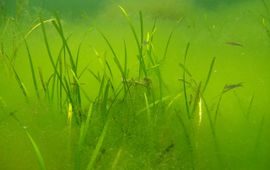
Management measures aimed at restoring commercial stocks of marine fish, for example cod, is an efficient tool to decrease eutrophication effects in coastal areas. This is the main conclusion of a new study reviewing over 50..
